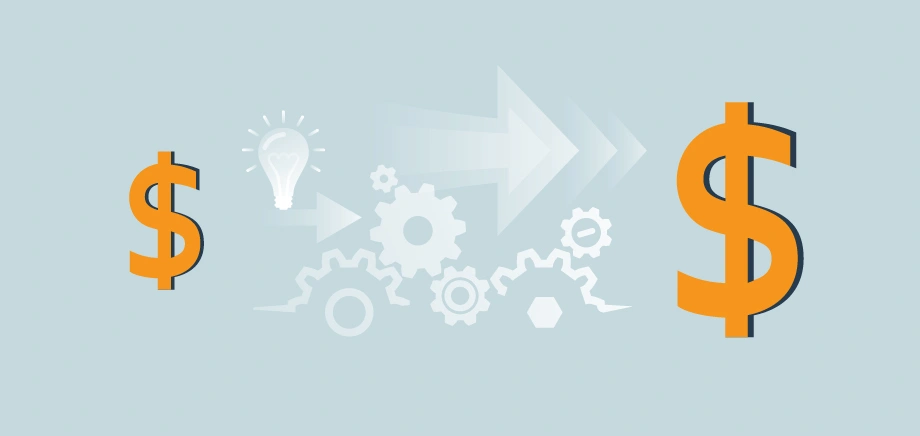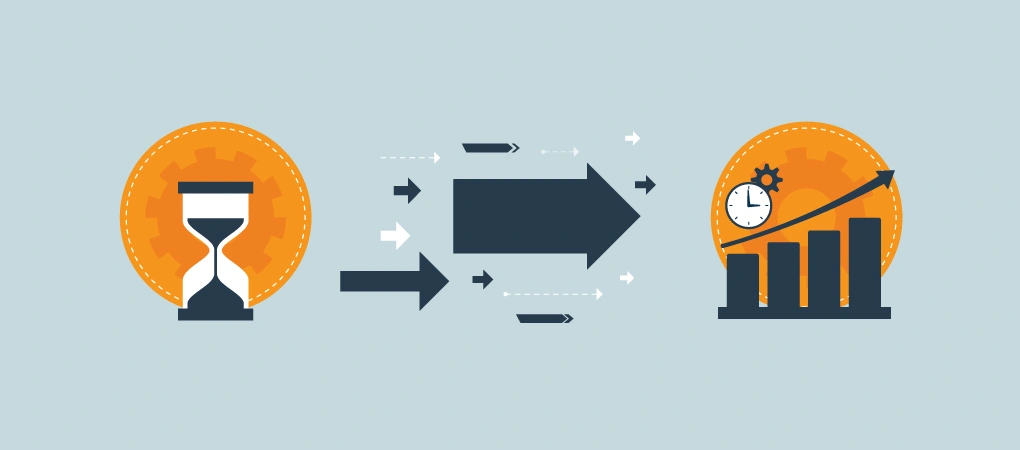Mindset Matters: Abundance Mindset vs. Scarcity Mindset
The Strategic Coach Team

What do nearly all successful entrepreneurs have in common? They embrace the abundance around them.
An abundance mindset is the one thing that allows us to turn weaknesses into opportunities and transform negative experiences into positive ones. Here, we’ll look at abundance mindsets vs. scarcity mindsets and why having the right mindset is more important than ever in our new reality.
Abundance mindset vs. scarcity mindset: why it matters now.
As an entrepreneur, you have two predominant mindsets competing for your attention: scarcity and abundance. To put it simply, a scarcity mindset leaves you feeling overwhelmed, depressed, and paralyzed. An abundance mindset leaves you feeling excited, motivated, and ready for action.
They are opposites of each other, and we all have the choice to adopt one mindset or the other. As entrepreneurs, it’s vital that we embrace an abundance mindset. This choice allows us to see the opportunities available to us and exponentially grow our businesses, while a scarcity mindset only holds us back.
As recent global events continue to affect nearly every aspect of our lives, mindset is the one thing that will make the biggest difference in how we come out on the other side. Your mindset allows you to control how you react to events outside of your control—and having an abundance mindset will help turn this seemingly negative experience into a positive one for you and your business.
But before you can change your own mindset, you first need to understand the difference between an abundance mindset and a scarcity mindset.
The scarcity mindset.
Those who hold a scarcity mindset are of the belief that everything necessary for future progress is becoming scarce or running out. This mindset is filled with envy, guilt, and anger.
A scarcity mindset suggests that life is a zero-sum game. If someone else does well, it must be at the expense of everyone else who’s doing poorly. It implies that once resources are depleted, they cannot be replaced—therefore, you must compete to get as many resources as possible while restricting them from others.
Entrepreneurs often fall into the trap of a scarcity mindset when they first start out, feeling as if there’s only “so much to go around” and that they need to grab whatever they can to get ahead. It can even mean preventing others from getting what they want or need. The reality is that our world does not operate that way, and a scarcity mindset does nothing but hold us back from achieving the growth we desire.
When we look at abundance mindsets vs. scarcity mindsets, there is a clear distinction in the language used for each—and understanding this distinction is incredibly valuable.
The “language of scarcity” is found in virtually every industry and profession in the world economy. It includes words like costs, transactions, profession, clients, products/services, employees, status, security, and lifestyle.
Many of us default to this language without ever realizing there’s an alternative. But whether you realize it or not, this type of language can have a tremendous impact on your mindset, preventing you from realizing the abundance around you.
The abundance mindset.
Abundance mindsets take all of the negative aspects of a scarcity mindset and flip them on their heads, turning them into positive opportunities. Abundance mindsets are grateful, creative, and cooperative.
Instead of seeing life as a zero-sum game, those with an abundance mindset see all of the opportunities that life has to offer. Instead of seeing the depletion of resources, they see how human ingenuity can create new, practical solutions and breakthroughs. They see endless opportunity.
So, the main differences between an abundance mindset and a scarcity mindset are simple. With a scarcity mindset, everything is getting smaller. But with an abundance mindset, everything is getting exponentially bigger. Tools, systems, and networks create new areas of personal and general expansion in which the factors of growth continually multiply one another.
For entrepreneurs, an abundance mindset means there is endless room for growth in their business and their lives.
And just like with scarcity, there is a “language of abundance” that entrepreneurs can use to cultivate an abundance mindset. Words like investments, transformations, network, value creation processes, Unique Ability Teamwork, contribution, freedom, leadership, and purpose allow us to focus on the opportunities around us.
How to make the crossover from a scarcity mindset to an abundance mindset.
Understanding the difference between an abundance mindset and a scarcity mindset is the first step toward greater improvements, achievements, and results in your life and business.
The next step is to actually transition from a scarcity mindset to an abundance mindset. And to do that, you must focus on language.
At Strategic Coach, we’ve identified 12 contrasting distinctions between the language of abundance mindsets vs. scarcity mindsets. Just by substituting the following 12 abundance terms for their corresponding scarcity terms, you’ll see an immediate acceleration of entrepreneurial clarity, confidence, and capability in every area of your business life:
- Costs become Investments
- Incremental becomes Exponential
- Transactions become Transformations
- Industry/Profession becomes Market/Network
- Clients/Customers become Multipliers
- Products/Services become your Value Creation Process
- Employees become a Unique Ability Team
- Security becomes Opportunity
- Status becomes Contribution
- Lifestyle becomes Freedom
- Management becomes Leadership
- Retirement becomes Purpose
- Scarcity becomes Abundance!
Substituting these terms in your daily life is the first step to entering a new world of permanent acceleration, entrepreneurial clarity, confidence, and ability.
To learn more about the 12 distinctions and how you can apply this new language to your daily life, download our Free Guide To Cultivating An Abundance Mindset.







